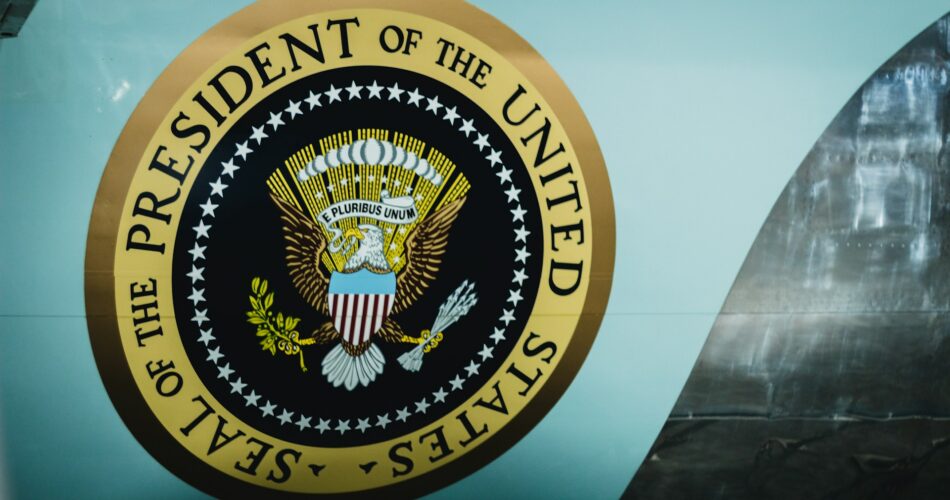He wants the public to seek God.
Prior to his unexpected victory in the American Samoa territorial caucus on Super Tuesday, Democratic presidential hopeful Jason Palmer remained largely unknown to the majority of Americans. His triumph over incumbent President Joe Biden marked a rare occurrence in modern political history, as it was the first time since 1980 that an sitting president had been defeated in a primary or caucus.
Despite Biden’s accumulation of the necessary delegates for the Democratic nomination, Palmer has expressed his determination to continue his campaign for the foreseeable future. His platform encompasses a series of ambitious proposals, including a commitment to achieving a balanced federal budget within five years, advocating for transparency through initiatives like sending taxpayers detailed breakdowns of government spending, endorsing term limits and public financing for elections, promoting ranked-choice voting, and proposing the creation of a new Department of Innovation and Technology.
While Palmer’s policy priorities often align with mainstream Democratic principles, such as supporting legislation to enshrine the Roe v. Wade decision into federal law and expanding healthcare access through Medicare, he also diverges from the party line on certain issues. Notably, Palmer holds differing views on matters related to education, religious liberty, and the intersection of religion with public life. These distinctions contribute to his distinct political identity within the Democratic Party.

Since I’m a Christian, I’m all for his views on integrating Christian beliefs in his campaign. However, the Democratic view and lack of willingness to secure the border has kept me from entering the Democratic Party. I’m 88 and have lived under many presidents but I assure you I Biden, Harris, and Mayorkas are the worst on the political scene!! I had first graders who could make better speeches
than Harris! AND Mayorkas lied four times into the microphone, “THE BORDER IS
CLOSED!” I guarantee you my friends and relatives all over Texas knew he was
lying! AND Biden is sending our country down the tube with all of his dark money
dealings! Americans aren’t stupid, we know about his dark money with China, Ukraine; we certainly know he knew all about the deals with his son!
May God clean up this MESS!
I believe in Yeshua, the Messiah. But I am not a Christian because that does not exist. Humans have the tendency to label everything and anything.
May the God of Abraham continue to pound on these left-turds until they either realize what and who they are working for, or simply vanish from existence.